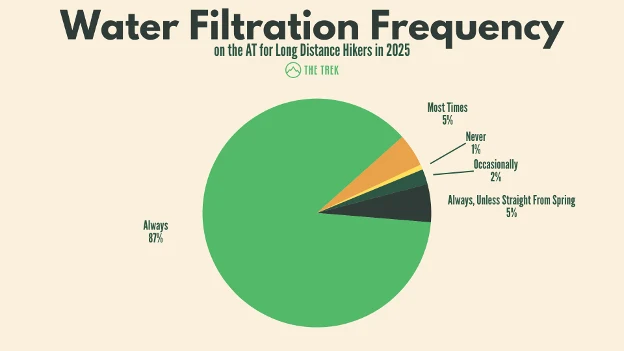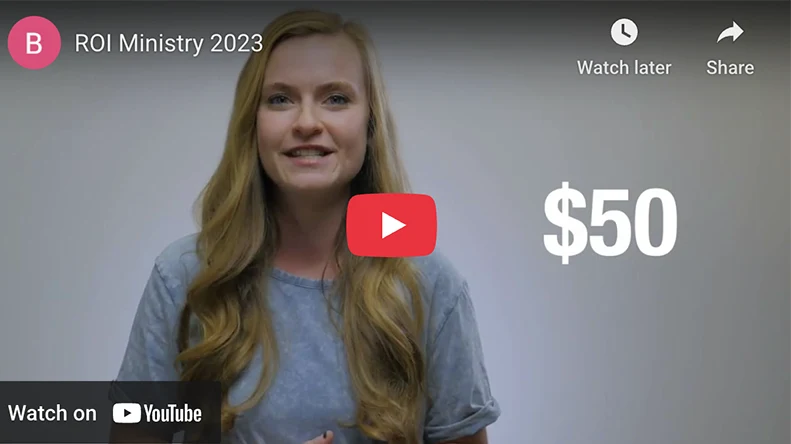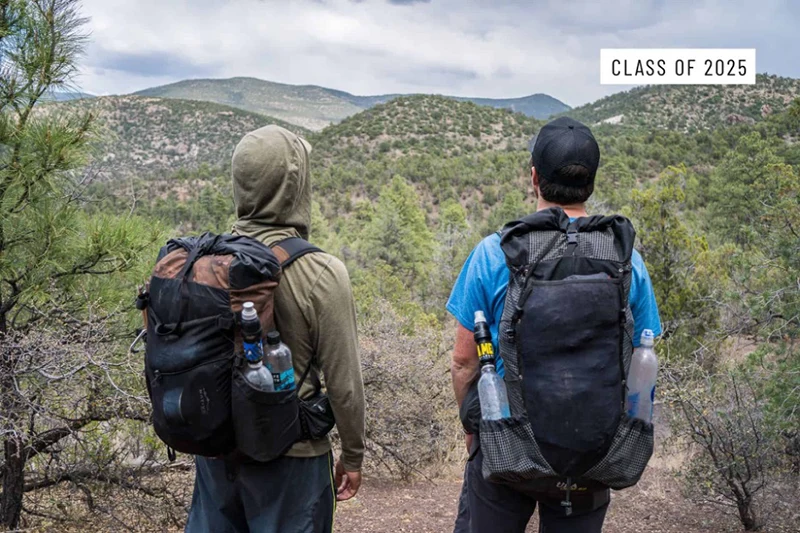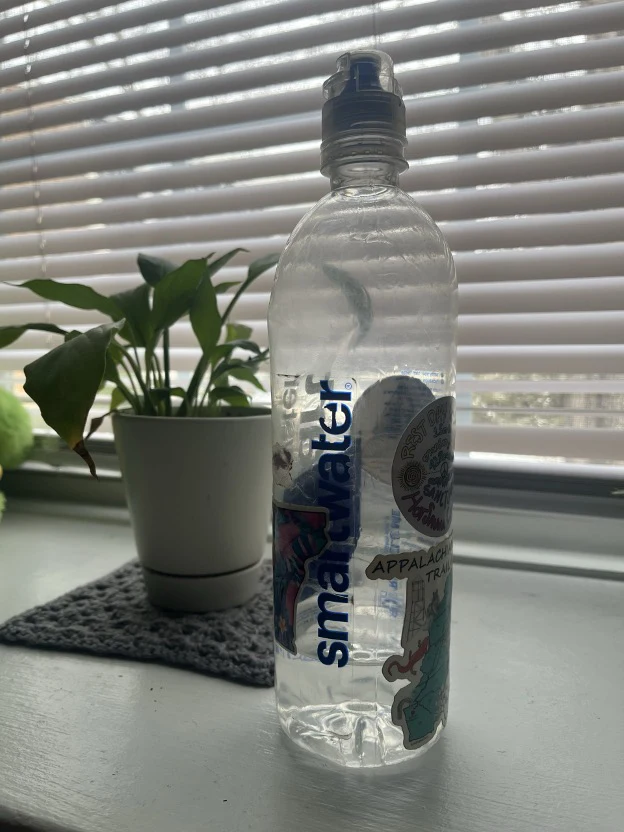Mosquito Repellent for Babies and Kids: Everything You Need to Know
Mosquito Repellent for Babies and Kids: Everything You Need to Know

Mosquito Repellent for Babies and Kids: Everything You Need to Know
YouTube video highlight
How safe are they for our kids and babies? Consider these great and safe mosquito repellent options for your little one.
Read more about the projectMosquito Repellent for Babies and Kids: Everything You Need to Know
How safe are they for our kids and babies? Consider these great and safe mosquito repellent options for your little one.
The use of mosquito repellents has skyrocketed today but a lot of us are unaware of the hazards of such chemicals. Especially with babies and kids, it is important to find out how safe these repellents are before regularizing their use. While there are plenty of insect repellents in the market, not all of them are good for your babies. Some may be too harsh on the skin while others might cause allergic conditions in the body. Taking enough time to research on the best mosquito repellent for babies and kids is very important so that any potential health hazards are avoided.
Mosquito Repellent for Babies and Kids – Is it Safe? How and When to Use Them?
Whether you’re taking your baby for a walk or simply slipping him/her to bed in your cosy home, some bugs like mosquitoes and ticks cannot be completely removed. Insect repellents prove to be very helpful in protecting yourself and your kids from insect-borne diseases. There are many studies shed light on how safe these repellents are. According to the Environmental Protection Agency (EPA), repellents that contain picaridin or DEET are safe for use on babies who are over 2 months old. It is found that natural and organic repellents are also best for children, but not advisable for babies below 2 years of age.
Very few body reactions have been reported to date from the use of insect repellents. However, it is important to take precautions while using these chemicals on your kids.
- Make sure that you apply/spray only as much as it is required; avoid over excessive usage.
- Apply the repellent only on the exposed area of the body and not under the clothes.
- Do not apply repellents over itchy or irritated skin, open wounds and cuts.
- Spray the repellent on your hand before applying on your child; and avoid spraying on their hands, mouth and eyes.
- Use the repellent in a well-ventilated space.
- Avoid applying repellent in combination with sunscreen or other lotions because it can lower the effectiveness of the spray and make you apply more than what’s required.
- Use it only when absolutely necessary e.g. when going outdoors, in the evenings when mosquitoes swarm in and around the house, and when your baby’s room seems to house troublesome bugs.
- Avoid using the repellent throughout the day when it’s not needed.
- Avoid scented lotions when going out as they can attract bugs.
- Once the kids are back home, wash off their treated skin areas thoroughly with soap.
- Wash all the repellent-treated clothing before the next use.
Mosquito Repellent for Babies and Kids: Everything You Need to Know


Mosquito Repellent for Babies and Kids: Everything You Need to Know
How safe are they for our kids and babies? Consider these great and safe mosquito repellent options for your little one.
The use of mosquito repellents has skyrocketed today but a lot of us are unaware of the hazards of such chemicals. Especially with babies and kids, it is important to find out how safe these repellents are before regularizing their use. While there are plenty of insect repellents in the market, not all of them are good for your babies. Some may be too harsh on the skin while others might cause allergic conditions in the body. Taking enough time to research on the best mosquito repellent for babies and kids is very important so that any potential health hazards are avoided.
Mosquito Repellent for Babies and Kids – Is it Safe? How and When to Use Them?
Whether you’re taking your baby for a walk or simply slipping him/her to bed in your cosy home, some bugs like mosquitoes and ticks cannot be completely removed. Insect repellents prove to be very helpful in protecting yourself and your kids from insect-borne diseases. There are many studies shed light on how safe these repellents are. According to the Environmental Protection Agency (EPA), repellents that contain picaridin or DEET are safe for use on babies who are over 2 months old. It is found that natural and organic repellents are also best for children, but not advisable for babies below 2 years of age.
Very few body reactions have been reported to date from the use of insect repellents. However, it is important to take precautions while using these chemicals on your kids.
- Make sure that you apply/spray only as much as it is required; avoid over excessive usage.
- Apply the repellent only on the exposed area of the body and not under the clothes.
- Do not apply repellents over itchy or irritated skin, open wounds and cuts.
- Spray the repellent on your hand before applying on your child; and avoid spraying on their hands, mouth and eyes.
- Use the repellent in a well-ventilated space.
- Avoid applying repellent in combination with sunscreen or other lotions because it can lower the effectiveness of the spray and make you apply more than what’s required.
- Use it only when absolutely necessary e.g. when going outdoors, in the evenings when mosquitoes swarm in and around the house, and when your baby’s room seems to house troublesome bugs.
- Avoid using the repellent throughout the day when it’s not needed.
- Avoid scented lotions when going out as they can attract bugs.
- Once the kids are back home, wash off their treated skin areas thoroughly with soap.
- Wash all the repellent-treated clothing before the next use.
Mosquito Repellent for Babies and Kids: Everything You Need to Know


Mosquito Repellent for Babies and Kids: Everything You Need to Know
How safe are they for our kids and babies? Consider these great and safe mosquito repellent options for your little one.
The use of mosquito repellents has skyrocketed today but a lot of us are unaware of the hazards of such chemicals. Especially with babies and kids, it is important to find out how safe these repellents are before regularizing their use. While there are plenty of insect repellents in the market, not all of them are good for your babies. Some may be too harsh on the skin while others might cause allergic conditions in the body. Taking enough time to research on the best mosquito repellent for babies and kids is very important so that any potential health hazards are avoided.
Mosquito Repellent for Babies and Kids – Is it Safe? How and When to Use Them?
Whether you’re taking your baby for a walk or simply slipping him/her to bed in your cosy home, some bugs like mosquitoes and ticks cannot be completely removed. Insect repellents prove to be very helpful in protecting yourself and your kids from insect-borne diseases. There are many studies shed light on how safe these repellents are. According to the Environmental Protection Agency (EPA), repellents that contain picaridin or DEET are safe for use on babies who are over 2 months old. It is found that natural and organic repellents are also best for children, but not advisable for babies below 2 years of age.
Very few body reactions have been reported to date from the use of insect repellents. However, it is important to take precautions while using these chemicals on your kids.
- Make sure that you apply/spray only as much as it is required; avoid over excessive usage.
- Apply the repellent only on the exposed area of the body and not under the clothes.
- Do not apply repellents over itchy or irritated skin, open wounds and cuts.
- Spray the repellent on your hand before applying on your child; and avoid spraying on their hands, mouth and eyes.
- Use the repellent in a well-ventilated space.
- Avoid applying repellent in combination with sunscreen or other lotions because it can lower the effectiveness of the spray and make you apply more than what’s required.
- Use it only when absolutely necessary e.g. when going outdoors, in the evenings when mosquitoes swarm in and around the house, and when your baby’s room seems to house troublesome bugs.
- Avoid using the repellent throughout the day when it’s not needed.
- Avoid scented lotions when going out as they can attract bugs.
- Once the kids are back home, wash off their treated skin areas thoroughly with soap.
- Wash all the repellent-treated clothing before the next use.

























































































































